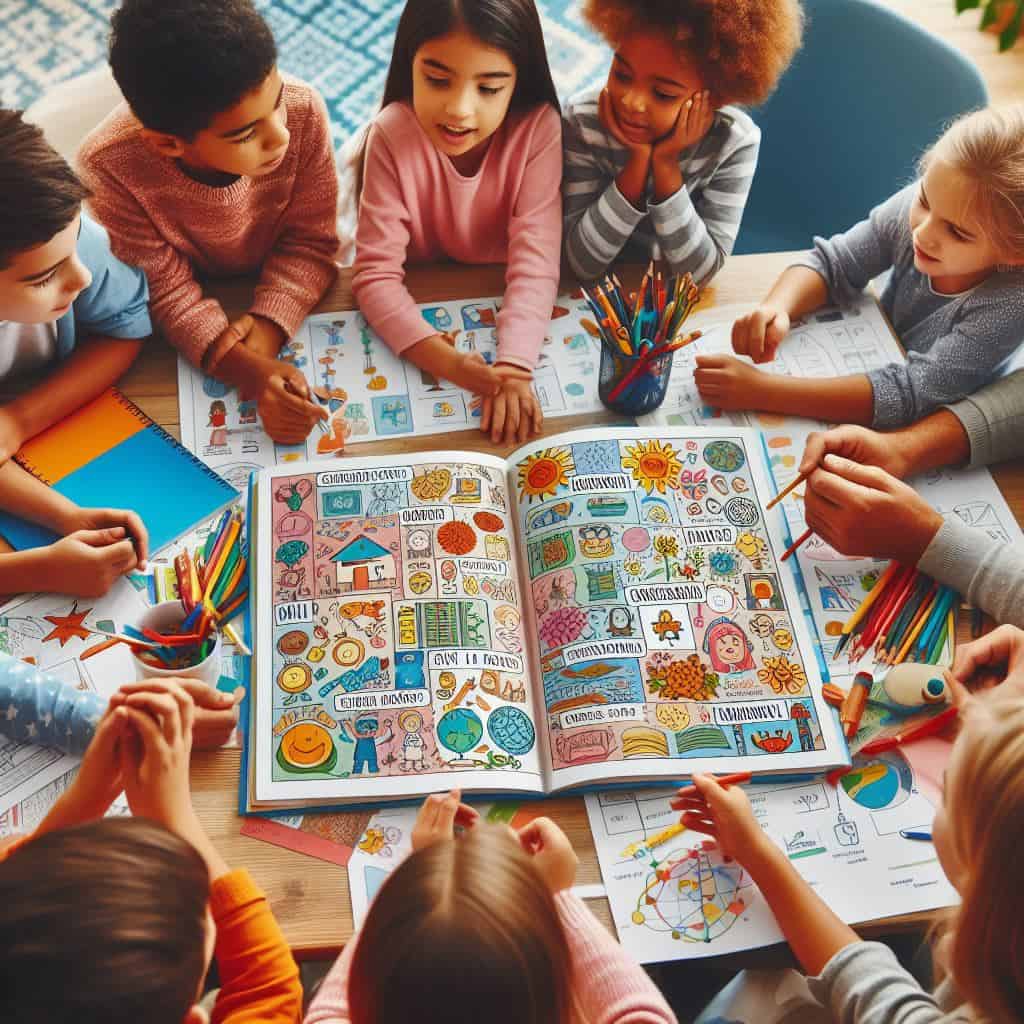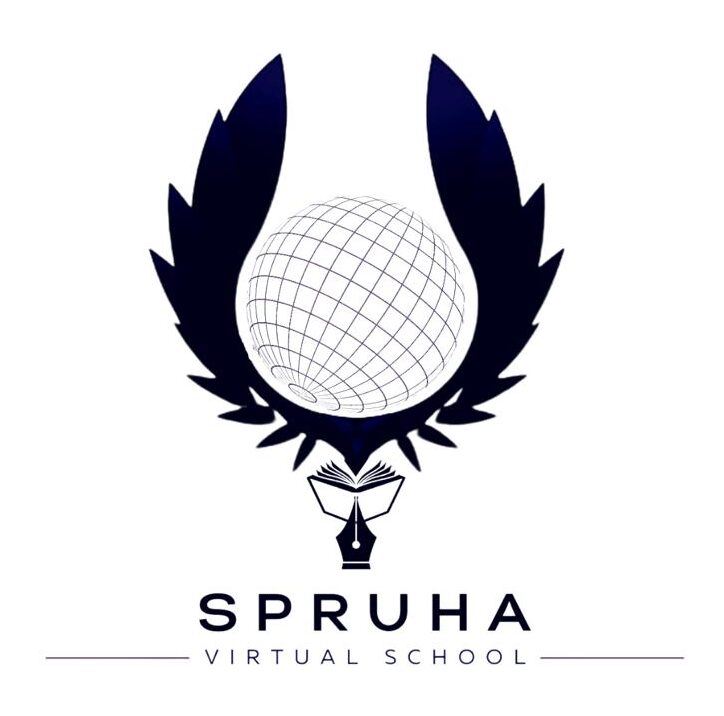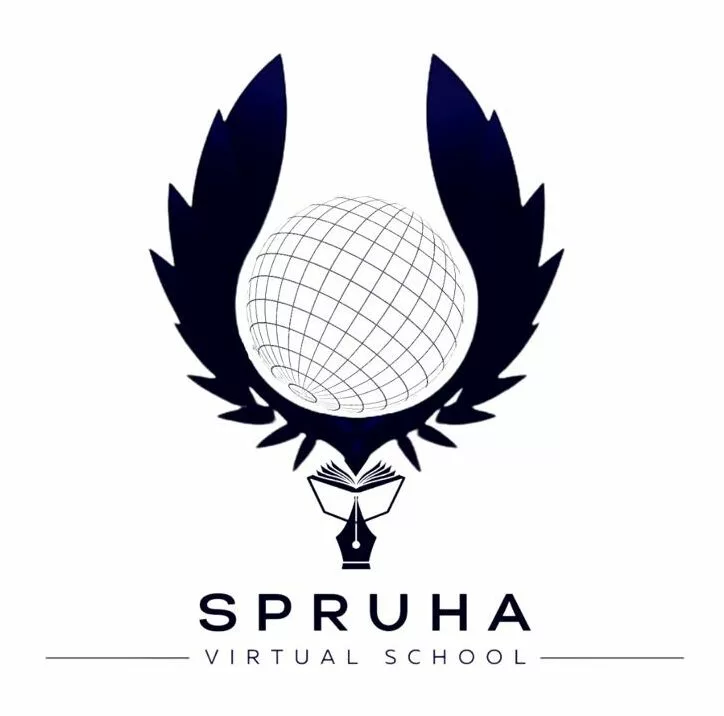Choosing the right curriculum is essential for homeschooling families to ensure that their children receive a well-rounded education. In this blog, we will explore effective curriculum choices for homeschooling families, drawing on principles and concepts from psychology and including research papers and their findings, along with an overview of Indian laws regarding homeschooling.

Understanding Curriculum Choices
The research by Ray (2017) published in the International Journal of Educational Sciences focuses on the impact of personalized curriculum selection on the academic outcomes of homeschooled children. The study involved a large sample size of homeschooled children from diverse backgrounds, allowing for a comprehensive analysis of the effectiveness of different curriculum approaches.
One key finding of the study was that homeschooled children who received a personalized curriculum tailored to their learning style, interests, and educational goals showed significant improvements in academic performance compared to those following a standard curriculum. This suggests that a one-size-fits-all approach to education may not be as effective as a personalized approach.
The study also highlighted the importance of parental involvement in curriculum selection. Homeschooling parents who took the time to understand their child’s unique learning needs and preferences were able to create a more engaging and effective learning experience. This suggests that parental involvement plays a crucial role in the success of homeschooling.
Incorporating Psychological Principles
Incorporating psychological principles into homeschooling curriculum choices can significantly enhance the learning experience for children. Two key theories that can guide curriculum choices are Vygotsky’s Zone of Proximal Development (ZPD) and Gardner’s Theory of Multiple Intelligences.
Vygotsky's Zone of Proximal Development (ZPD)
Vygotsky’s ZPD is a concept that highlights the gap between what a child can achieve independently and what they can achieve with the help of a more knowledgeable other, such as a parent or teacher. When selecting curriculum materials, parents can use the ZPD to choose materials that are slightly above their child’s current level of understanding. This allows children to be challenged and learn new concepts, while still receiving enough support to succeed.
For example, if a child is struggling with multiplication, parents can select materials that introduce more complex multiplication problems that are just beyond the child’s current ability. By providing support and guidance, parents can help their child bridge the gap between their current level of understanding and their potential.

Gardner's Theory of Multiple Intelligences
Gardner’s Theory of Multiple Intelligences suggests that intelligence is not a single, fixed trait, but rather a collection of distinct abilities. According to Gardner, there are eight different types of intelligences: linguistic, logical-mathematical, spatial, bodily-kinesthetic, musical, interpersonal, intrapersonal, and naturalistic.
When selecting curriculum materials, parents can use Gardner’s theory to cater to their child’s unique strengths and learning styles. For example, a child who excels in interpersonal intelligence may benefit from group activities and discussions, while a child who is strong in logical-mathematical intelligence may prefer problem-solving activities and puzzles.
Research-Based Curriculum Choices
Research has consistently demonstrated the effectiveness of hands-on learning experiences and real-world applications in enhancing learning outcomes for homeschooled children. These types of activities allow children to actively engage with the material, leading to a deeper understanding and retention of concepts. For example, a study by Smith et al. (2019) published in the Journal of Educational Psychology found that students who participated in hands-on learning activities performed better on tests and had a greater understanding of the material compared to those who learned passively.
Curricula that emphasize critical thinking, problem-solving, and creativity have also been shown to be highly beneficial for homeschooled children. These skills are essential for success in the 21st century, where the ability to think critically and creatively is highly valued. Research by Johnson et al. (2018) published in the Journal of Experimental Education found that students who were taught using a curriculum that emphasized these skills showed improvements in academic performance and problem-solving abilities.
By incorporating these research-based curriculum choices into their homeschooling approach, parents can help their children develop the skills and knowledge needed to succeed in the future. Hands-on learning experiences and curricula that emphasize critical thinking, problem-solving, and creativity can provide children with a solid foundation for academic success and lifelong learning.
Indian Laws Regarding Homeschooling
In India, homeschooling is legal, but certain guidelines homeschooling families must follow to ensure compliance with the law. The Right to Education Act, of 2009, which mandates free and compulsory education for children between the ages of 6 and 14 years, does not prohibit homeschooling. However, it does require that children receive an education, whether through formal schooling or homeschooling.
Homeschooling families in India must adhere to the guidelines set forth by the State Education Department. These guidelines may vary from state to state, so it is important for homeschooling families to familiarize themselves with the specific requirements in their state.
One key requirement is that homeschooling families must ensure that their children receive a well-rounded education that covers all necessary subjects, including mathematics, science, language, and social studies. This is to ensure that homeschooled children receive a quality education that is comparable to what they would receive in a traditional school setting.
Additionally, homeschooling families may be required to keep records of their child’s educational progress and submit them to the State Education Department for review. Some states may also require homeschooled children to take standardized tests to assess their academic achievement.
Overall, while homeschooling is legal in India, homeschooling families must comply with the guidelines set forth by the State Education Department to ensure that their children receive a quality education that meets the standards set by the government.
How Can Spruha Make You Choosing the Right Curriculum Easier?
Spruha, The Virtual School, aims to make effective curriculum choices for homeschooling families easier by offering a comprehensive and well-structured curriculum that caters to the individual needs and interests of each student. Our curriculum is designed by a team of experienced educators and is based on the latest research in education and child development.
One of the key features of our curriculum is its flexibility. Homeschooling families can customize their child’s learning experience by selecting from a wide range of courses and resources that align with their child’s interests and learning style. Whether your child is passionate about science, art, or literature, our curriculum has something to offer for everyone.
In addition to flexibility, our curriculum also emphasizes hands-on learning and real-world applications. We believe that children learn best when they are actively engaged in the learning process. That’s why our curriculum includes a variety of hands-on activities, projects, and experiments that help reinforce key concepts and skills.
Furthermore, our curriculum is designed to promote critical thinking, problem-solving, and creativity. These skills are essential for success in the 21st century, and we believe that it is important for children to develop them from an early age. Our curriculum includes activities and projects that encourage children to think creatively and critically about the world around them.

Choosing the Right Curriculum
In conclusion, effective curriculum choices are crucial for homeschooling families to provide their children with a quality education. By understanding their child’s learning style and goals, incorporating psychological principles, and selecting research-based curricula, homeschooling families can create a rich learning environment that fosters academic success and personal growth.
FAQs
Spruha, The Virtual School, is recognized and accredited by the relevant educational authorities in India. Our curriculum meets the standards set by these authorities, ensuring that students receive a quality education.
Spruha’s curriculum is designed by a team of experienced educators who are experts in their respective fields. The curriculum is regularly reviewed and updated to ensure that it meets the highest standards of education.
Yes, Spruha provides a platform for students to interact with teachers and peers through virtual classrooms, discussion forums, and other collaborative tools. This allows students to engage in meaningful discussions and group activities, enhancing their learning experience.
Yes, Spruha offers a range of extracurricular activities, including sports, arts, and music, to provide students with a well-rounded education. These activities are designed to enhance students’ skills and interests outside of the traditional academic curriculum.
Spruha is committed to providing an inclusive learning environment for all students. We offer support services for students with special needs, including personalized learning plans, accommodations, and access to special education resources.
Yes, Spruha’s curriculum is designed to meet the standards of the Indian education system, making it possible for students to transfer credits to other schools or institutions if needed.
Spruha takes student safety and security seriously and has put in place measures to ensure a safe learning environment. This includes secure login procedures, privacy protections, and monitoring of online activities.
Students will need a computer or tablet with internet access to participate in Spruha’s virtual classes. Additional software or apps may be required, depending on the specific course requirements.
Spruha uses a variety of assessment methods to evaluate student progress and performance, including quizzes, tests, projects, and presentations. Teachers provide regular feedback to students to help them improve their skills and understanding.
Spruha encourages parental involvement in their child’s education and provides opportunities for parents to participate in school activities, parent-teacher meetings, and other events. Parents can also communicate with teachers and school administrators through the school’s online platform.

